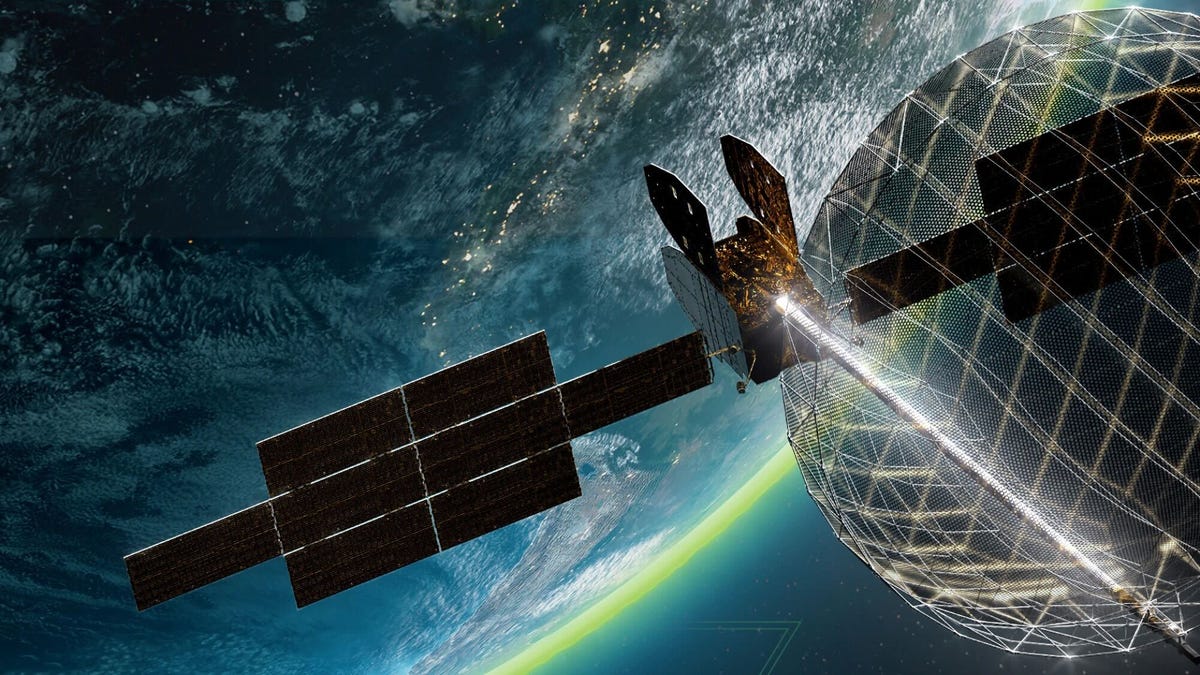
A recently launched communications satellite suffered an anomaly during its deployment, affecting its ability to beam data to North and South America.
California-based communications company Viasat announced that “an unexpected event occurred during reflector deployment” of its ViaSat-3 satellite which may affect its performance. ViaSat-3 could not deploy its main reflector antenna, which the company had previously described as the key to the satellite’s mission.
Advertisement
“We’re disappointed by the recent developments,” Mark Dankberg, chairman and CEO of Viasat, said in the company’s statement. “We’re working closely with the reflector’s manufacturer to try to resolve the issue. We sincerely appreciate their focused efforts and commitment.”
The identity of the reflector’s manufacturer, however, has not been disclosed.
Following the company’s announcement regarding its malfunctioning satellite, Viasat’s shares dropped by as much as 23% in premarket trading, CNBC reported.
Advertisement
Advertisement
ViaSat-3 launched on board a SpaceX Falcon Heavy rocket in April to deliver broadband connectivity to customers in North and South America. The malfunctioning satellite is the first of a constellation of three communication satellites, with the remaining two designed to serve Europe, the Middle East, and Africa, and Asia-Pacific.
Viasat is looking into contingency plans to help the company recover from the satellite anomaly, including possibly reallocating one of its upcoming ViaSat-3 satellites to provide additional bandwidth to the Americas. “The initial service priority for ViaSat-3 Americas has been to facilitate growth in the company’s North American fixed broadband business,” Viasat wrote in its statement.
The company has 12 other satellites already in orbit and confirmed through its statement that the ViaSat-3 malfunction would not affect its customers or impact coverage of the Viasat constellation in service.
Viasat will share more information regarding its satellite during an upcoming earnings call on August 9.
Advertisement
For more spaceflight in your life, follow us on Twitter and bookmark Gizmodo’s dedicated Spaceflight page.
Services Marketplace – Listings, Bookings & Reviews